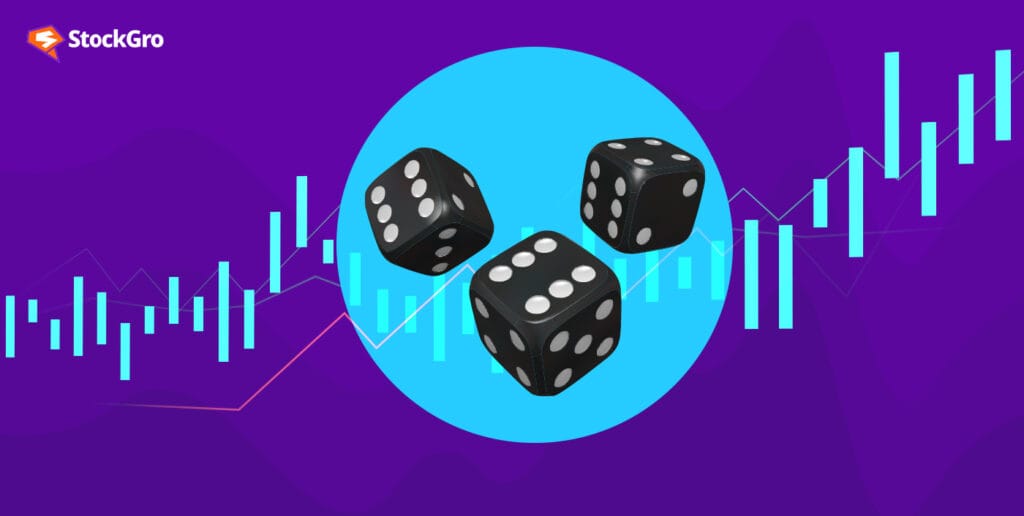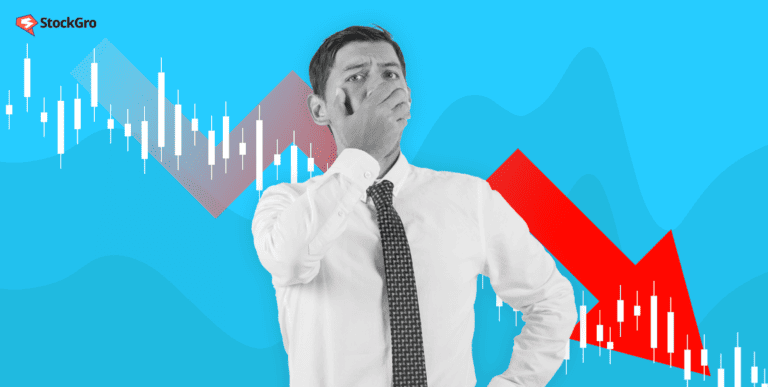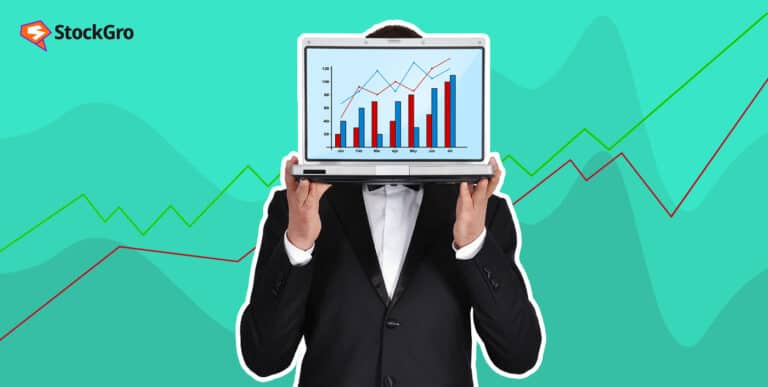
In the thrilling world of finance, few topics capture as much interest and enthusiasm as “speculation.” But what exactly is it? Let’s embark on a journey to uncover the mysteries behind this intriguing word.
What is speculation?
At its core, speculation revolves around making financial decisions based on the hope (or speculation) of a future profit. Imagine a seesaw. On one side, there’s investment based on solid research and a company’s performance. On the other side, there’s speculation—driven mostly by expectations and predictions.
You may also like: A beginner’s guide to FINNIFTY: What it means, why it matters
Speculation vs. investment
Investment
- Focuses on long-term growth
- Based on thorough research and analysis
- Aimed at steady returns over time
Speculation
- Aims for quick, sometimes massive, profits
- Is driven largely by market psychology
- Carries a higher risk and potential reward
The allure of speculative trading
Speculative trading is like the adventurous sibling in the family of financial strategies. It often promises vast returns, but with it comes a heftier dose of risk.
Why do people get attracted to it?
- The thrill: There’s an undeniable adrenaline rush associated with speculative trading. The idea of making a quick buck can be intoxicating.
- The stories: Who hasn’t heard tales of someone who bought a stock on a whim and made a fortune?
- The potential: The possibility, however slight, of turning a small sum into a windfall is hard to resist.
Also read: ESOPs: Empowering employees with ownership
Types of speculative instruments
The realm of speculation isn’t limited to stocks. Here’s a snapshot of various tools that traders might use:
| Instrument | Brief description |
| Stocks | Shares of a company’s ownership. |
| Commodities | Physical goods like gold or oil. |
| Forex | Trading in foreign currencies. |
| Cryptocurrencies | Digital or virtual currencies like Bitcoin. |
Understanding the risks
Just as a coin has two sides, so does speculation. For all its potential benefits, there are risks lurking.
- Market volatility: Prices can swing wildly in short periods.
- Loss potential: The same way one can gain immensely, they can lose too.
- Psychological factors: The speculative market is often driven by emotions, which can cloud judgment.
Tips for beginners
For those dipping their toes in the waters of speculation, here are some words of wisdom:
- Educate yourself: Knowledge is power. Understand the basics of the market and the instruments you’re trading.
- Start small: As a beginner, it’s wise to start with what you can afford to lose.
- Diversify: Don’t put all your eggs in one basket. Spread out your investments.
- Stay calm: The market will have its ups and downs. Panicking can lead to rash decisions.
Types of Speculators
Here are the different types of speculators:
1. Bullish speculators
Bullish speculators, or “Bulls,” believe that the market is set to rise. They buy assets with the expectation that prices will go up, allowing them to sell at a profit later. This approach is very common in a growing market where economic conditions or company fundamentals seem promising.
Bulls often use their investments to maximise returns but face the risk of price reversals if the market doesn’t perform as expected.
2. Bearish speculators
Bearish speculators, or “Bears,” are the ones who anticipate a crash in the market. They start short selling, which means borrowing assets to sell them at current prices, expecting to repurchase them later at a lower price and profiting from the difference.
This strategy also carries significant risk, especially if the market moves against their expectations.
3. Stag speculators
Stag speculators believe that they can earn profits by leveraging short price movements of the stocks of new companies. Stags analyse the risks involved more cautiously.
4. Lame Duck speculators
Lame duck speculators are those who experience losses due to unforeseen circumstances and because of unsuccessful trading strategies.
5. Day traders
Day traders are also speculators as they buy and sell financial instruments within the same trading day and take advantage of short-term price fluctuations.
Day traders rely heavily on technical analysis and market trends, with the goal of making small but frequent profits. This strategy demands continuous monitoring of the market and comes with high transaction costs and risks.
Also read: Diving into FDI: What it means for investors and countries
The role of news in speculation
In the world of speculation, news plays a pivotal role. Whether it’s an announcement by a big company, a geopolitical event, or an economic report, news can set the speculative market on fire.
How news impacts speculation:
- Immediate reactions: Speculators often react swiftly to news, leading to sudden price movements.
- Rumors vs. facts: Not all news is accurate. Rumors can sometimes drive prices, only for them to plummet when the actual news emerges.
- Emotional responses: News can stir emotions, especially fear and greed, which heavily influence speculative trades.
- Emotional responses: News can stir emotions, especially fear and greed, which heavily influence speculative trades.
Psychology of Speculative Trading: What Drives Investors?
Humans, by nature, are emotional beings. In the speculative world, understanding psychology can be as crucial as understanding the market itself.
- FOMO (Fear of missing out): This is when traders rush to buy because they see others doing the same and don’t want to miss out on potential profits.
- Herd mentality: People often follow the crowd, thinking there’s safety in numbers. In speculative trading, this can lead to bubbles and crashes.
- Overconfidence: Sometimes, a few successful speculative trades can make a trader feel invincible, leading them to take unnecessary risks.
Ethics of Speculative Trading: Balancing Profit and Morality
While speculation offers numerous opportunities, it’s essential to consider the ethical aspects.
- Influence on prices: Excessive speculation can drive up prices. For instance, too much speculation in commodities like food can affect global prices and, subsequently, the people dependent on them.
- Misinformation: Unscrupulous traders might spread false information to manipulate prices in their favor.
- Economic stability: Extreme speculative activities can lead to market crashes, affecting the broader economy and countless individuals.
Wrapping up
Embarking on the speculative journey can be exhilarating. The potential for high returns, the thrill of the chase, and the ever-evolving landscape make it a magnet for many. But, like any journey, it’s vital to be prepared.
Equip yourself with knowledge, be aware of the psychological traps, and always trade with a mix of caution and strategy. Remember, the world of speculation isn’t just about the destination (profits) but also about the journey and the lessons learned along the way.

